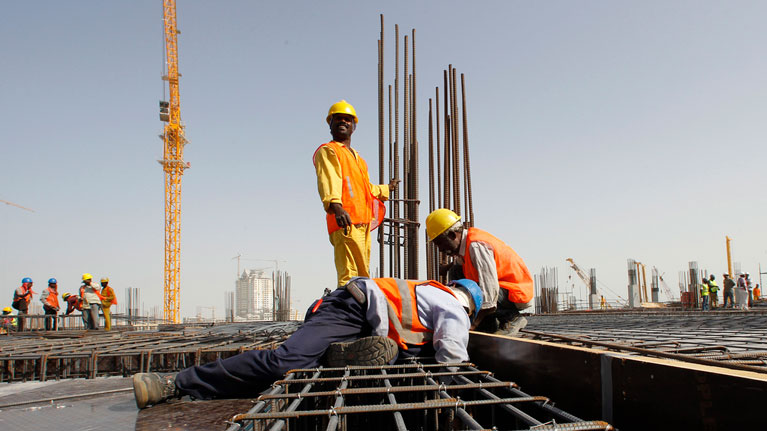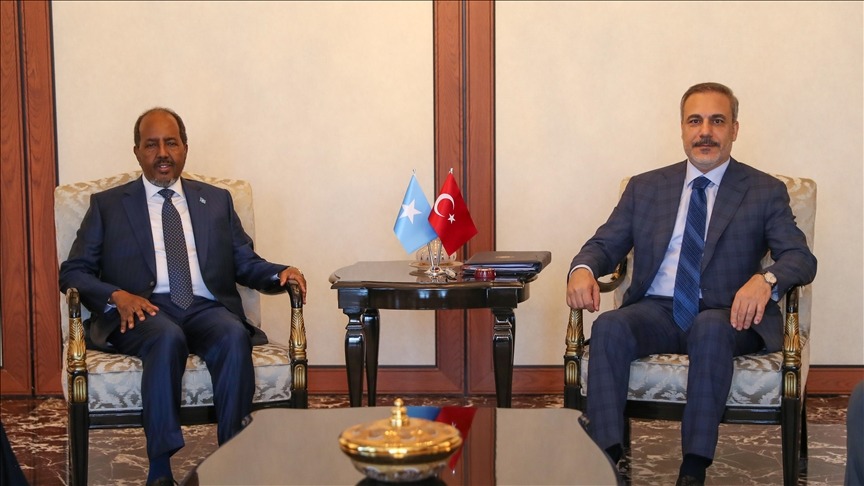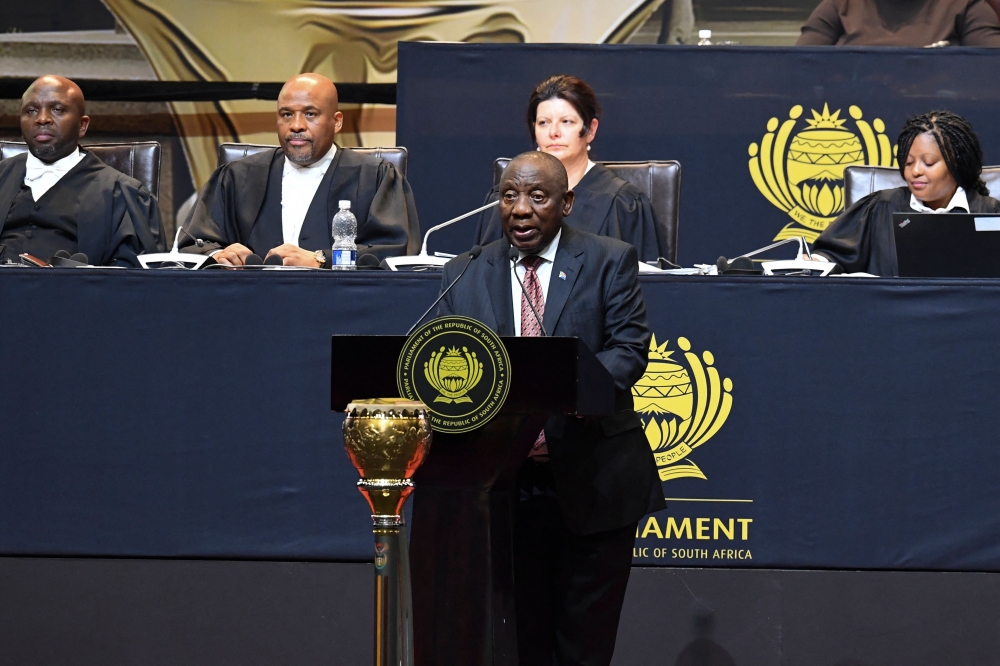[ad_1]
Over the past few years, Qatar has seen a number of labour reforms. In 2021, they introduced the region’s first ever non-discriminatory minimum wage law.
Qatar’s Minister of Labour Ali Al Marri says legislative updates and improvements in the labour sector in recent years have been ‘continuous and sustainable’ and will continue after the World Cup.
His comments came during a meeting with ambassadors from nations who have qualified for the FIFA World Cup Qatar 2022 to update them on the current advancements in Qatar’s work environment and workplaces.
He also highlighted that the development of labour legislation has become a strategic option for Qatar, both in the short and long term. Al Marri said the Gulf nation has been able to bring about real change in the labour market. He cited the laws and procedures that have been introduced and updated to protect the rights of migrant workers.
Additionally, he gave credit to the International Labour Organization (ILO) and other international bodies that have assisted Qatar in supporting and bringing forward a better and more fair work environment.
The meeting was held as part of the Ministry of Labour’s efforts to ensure continuous communication and maintain an open channel with the many ambassadors in Doha.
It was also meant to assess legislative developments and updates in the country, alongside the implementations of the executive mechanisms that have occurred in recent years, with the goal of preserving the rights of workers and improving their conditions.
The Minister of Labour also congratulated the ambassadors in attendance on their national teams’ FIFA World Cup Qatar 2022 qualifications. He emphasised that Qatar will work hard to host one of the most spectacular football tournaments in history.
Qatar-ILO relations
Qatar and the International Labour Organization (ILO) inked a technical cooperation agreement back in 2017, cementing their relationship.
The joint ILO-Qatar initiative outlined five areas of action to address forced labour in Qatar. One of these was to eliminate “restrictions on migrant workers’ ability to change employers and exit the country,” which enabled employers to further abuse their employees.
Labour reforms
Over the past few years, Qatar has seen a number of labour reforms. In 2021, they introduced the region’s first ever non-discriminatory minimum wage law.
Additionally, Qatar approved two key laws in August 2020 to eliminate barriers on migrant workers leaving the country and changing jobs without permission from their employers.
The Emir removed limitations on migrant workers changing jobs without permission from their employers and established a monthly minimum wage of 1,000 QAR, including basic living allowances for select workers.
Under it, employers are now obliged to pay their workers allowances of 300 QAR for food, 500 QAR for housing, and a minimum monthly basic wage of 1,000 QAR.
Employers who fail to comply with the minimum wage law will face a one-year jail sentence and a 10,000 QAR fine.
The Ministry of Labour also launched a new platform for workers’ complaints in May 2021 to enable employees to submit public violations of the labour law.
The new laws have the potential to strike at the core of the Kafala system, which continues to link migrant workers to their employers, if effectively implemented. However, there are numerous cases of employers not abiding by the reforms.
Employees told Amnesty International that changing employment still comes with major obstacles and opposition from dissatisfied bosses.
More than 2,000 labour complaints were filed with the Ministry of Labour against firms and institutions across the country in December alone.
In recent months, there have been a slew of new complaints about working hours, compensation, and a variety of other issues.
[ad_2]
Source link

















Leave a Reply